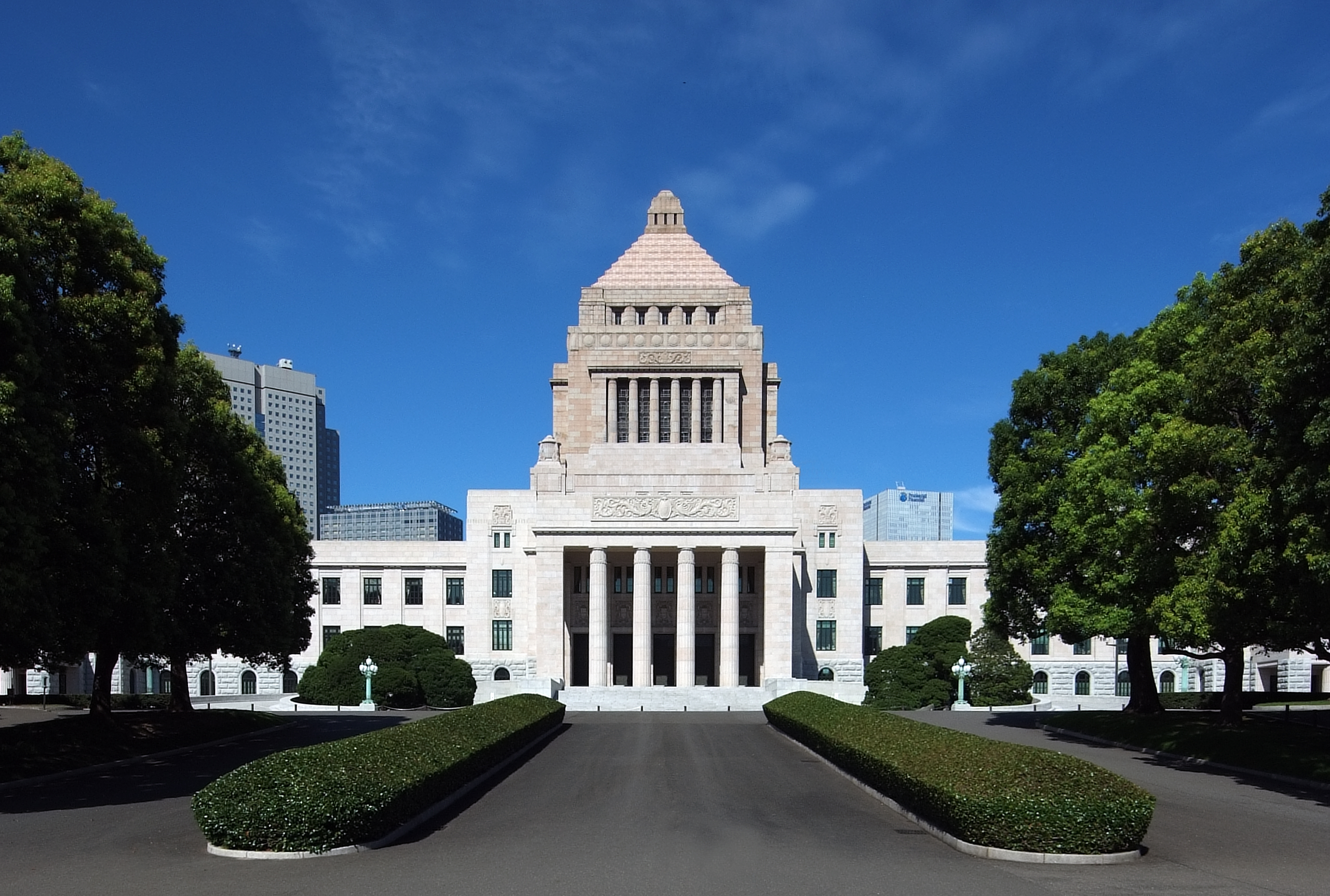Last week, Prime Minister Shinzo Abe asked Japanese voters to go to the polls on October 22, the third time voters have been so asked in five years. Few elections have so nakedly revealed the shallowness of politics in contemporary Japan.
Prime Minister Abe claims to seek a mandate for his North Korea policy and for a new economic stimulus. He needs no such mandate – his North Korea policy is not changing meaningfully (he has already ruled out what could be the only meaningful change, dialogue with the North) and he ran the last two elections on growing the economy, on which he has been mildly successful. It feels rather obvious to point out that these are merely cover for his real reason to call an election; but to clear up any doubt, the election will be held for the little purpose other than Abe’s opportunism and ambition.
Opportunism, because with the Democratic Party, the main opposition, crumbling into irrelevance, Tokyo Governor Yuriko Koike’s national party still in its infancy, and his polls rebounding from their collapse in July, the time seemed right to lay finishing blows on the opposition and head off a potentially formidable challenger. Ambition, because with a victory he could silence the challengers who have emerged within his own party and sail on to an unprecedented third term at the helm of the LDP, thus becoming the longest-serving prime minister in Japanese history.
How has the opposition responded? Seiji Maehara, leader of the DP, took the unheard of step of effectively dissolving the party he was elected to lead only weeks ago. As Michael Cucek described, Maehara has effectively waged a hostile takeover, complete with a golden parachute. By officially remaining leader of the DP, and thus not triggering a new leadership election, he retains access to DP’s sizable war chest of campaign funds even though he plans to compete as an independent under Koike’s umbrella. He has asked his members to do the same, and many will be happy to do so – either because they align ideologically with the conservative Maehara and Koike, or because they opportunistically want to ride Koike’s wave of popularity. The remaining DP members, mostly the left-leaning ones, are left with an empty shell. Corruption is nothing new to Japanese politics, but Maehara’s move stands out for a degree of brazen opportunism that would make Talleyrand blush.
And what of Koike, the popular Tokyo governor who smacked the LDP with an unprecedented defeat just two months ago? By welcoming Maehara and his defectors with open arms she has shown herself to be just as capable of the same cynical dealing that she’s dominated Tokyo by haranguing against. Her appeal was in her ability to call out the excesses of the Tokyo LDP’s backroom dealing and corruption. By plotting with Maehara to secure the DP’s election warchest and sideline its progressives, she has shown herself to be just as capable of underhanded dealing.
Besides, she and her party provide little more than a change of tone and presentation; as an ideological alternative, she differs from the LDP only at the margins. On many issues, not least constitutional revision, she stands to the right even of many LDP conservatives. The trait that made her stand out in Tokyo was her independence and even-handedness. That is now gone, though how quickly voters will become disillusioned remains to be seen.
Japanese voters are thus left with two competing crowds of opportunists, practically indistinguishable in ideology and approach. With no viable left-of-center alternative to choose, small wonder that turnout is expected to be low. Prime Minister Abe has asked the voters to weigh in, and those voters could hardly be blamed if their response is resigned indifference.
Japan deserves better.
This article originally appeared in Tokyo Review’s weekly newsletter, which is sent to subscribers every Friday afternoon and includes a round-up of the week’s best writing on Japan from our site and across the web, along with early access to this op-ed column. It’s free to subscribe, so sign up below!
Explore more of our Election 2017 coverage:
[posts-by-tag tags=”election 2017″ number = “5”]
Paul Nadeau is an adjunct assistant professor at Temple University's Japan campus, a visiting research fellow at the Institute of Geoeconomics, and an adjunct fellow with the Scholl Chair in International Business at the Center for Strategic and International Studies (CSIS). He was previously a private secretary with the Japanese Diet and as a member of the foreign affairs and trade staff of Senator Olympia Snowe. He holds a B.A. from the George Washington University, an M.A. in law and diplomacy from the Fletcher School at Tufts University, and a PhD from the University of Tokyo's Graduate School of Public Policy. He should be general manager of the Montreal Canadiens.
Rob Fahey is the CTO of VETA K.K., a Tokyo-based data science and survey technology startup, and an Adjunct Researcher at the Waseda University Institute for Advanced Study (WIAS). He formerly held academic roles including Assistant Professor at WIAS, Adjunct Professor at Aoyama Gakuin University's School of International Politics, Economics, and Communication, Visiting Professor at the University of Milan's School of Social and Political Sciences, and Research Associate at the Waseda Institute for Political Economy (WINPEC). He received his Ph.D from Waseda University.



























